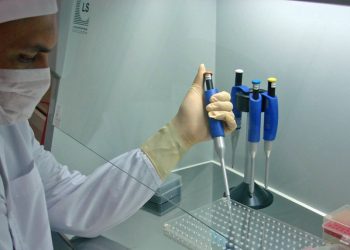Treatment of a Broken Back
Treatment of a Broken Back depends on the type, location, and severity of the fracture, as well as whether the spinal cord or nerves are involved. The primary goal of treatment of a broken back is to stabilise the spine, relieve pain, protect the spinal cord, and promote healing. Some fractures can be treated non-surgically, while others require complex spinal surgery.
Stable fractures — where the bone is cracked but still aligned — are usually treated conservatively. Patients are prescribed rest, pain medication, and sometimes fitted with a back brace to immobilise the spine and allow the bone to heal naturally. Activity is limited, but bed rest is discouraged as it may increase the risk of complications such as clots or muscle wasting.
Unstable or displaced fractures often need surgical intervention. The procedure depends on the injury but may include spinal fusion (joining two or more vertebrae), internal fixation using rods and screws, or decompression surgery to relieve pressure on the spinal cord.
If a fracture compresses nerves or the spinal cord, emergency surgery may be required. Delays in treatment can result in permanent nerve damage, paralysis, or incontinence. In some cases, minimally invasive techniques are used to reduce trauma and speed up recovery.
For compression fractures related to osteoporosis, a procedure called vertebroplasty or kyphoplasty may be considered. These involve injecting bone cement into the vertebra to stabilise the fracture and reduce pain.
Treatment of a Broken Back
Pain management is critical during the healing process. Anti-inflammatory medication, muscle relaxants, and in some cases, nerve pain medications help improve comfort and facilitate mobility.
Physiotherapy is introduced gradually to strengthen back muscles, improve flexibility, and restore posture. Rehabilitation is essential to prevent stiffness, build confidence, and reduce the risk of future injury.
Lifestyle changes are often recommended to support healing — including improved nutrition, smoking cessation, fall prevention, and osteoporosis treatment.
Proper treatment of a broken back requires careful monitoring, especially during the first 6–12 weeks of recovery. Early intervention improves outcomes and reduces the risk of complications.
[Next: Complications and Recovery from a Broken Back →]


